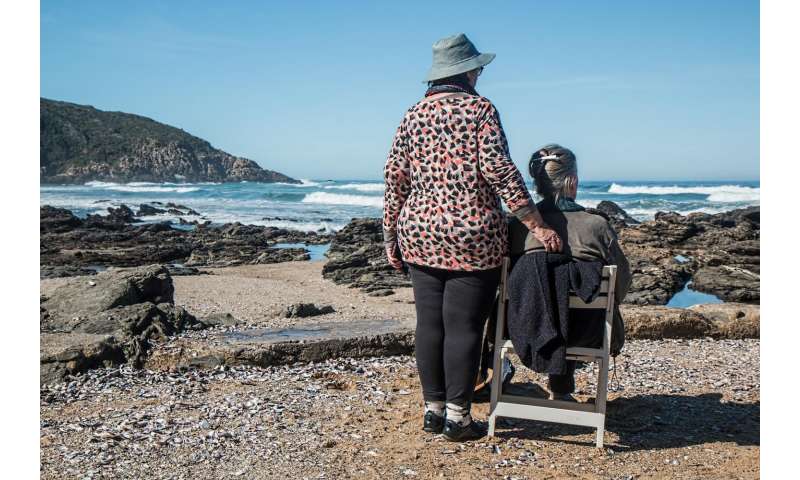
The impact of legalizing euthanasia will be devastating on older people, the poor and disabled, according to two University of Otago psychiatrists who are calling on their colleagues both in New Zealand and internationally to oppose the move.
Consultant psychogeriatrician Associate Professor Yoram Barak and Senior Lecturer Chris Gale, from the Department of Psychological Medicine, have reviewed the laws and practices in every country with legal euthanasia and how they have been modified.
They found the most vulnerable—the elderly, the poor and the disabled—are disproportionate in their use of euthanasia.
Associate Professor Barak says although the debate is often framed in terms of choice and rights and dignity, the practice of euthanasia becomes discriminatory.
“The impact on elderly, sick and disabled Māori and Aboriginal people who are failed by our health system is likely to be significant.
“If we disregard our history we will be mercilessly killing the vulnerable, poor and elderly.”
In many cases, there has been an expansion in criteria around euthanasia following the initially restricted scope of legal euthanasia.
Dr. Gale says when euthanasia is legalized, there seems to be a pressure to have equal access to active euthanasia and the interpretation of the restrictions around the laws have been loosened over time.
“The ‘slippery slope’ is real, in every country where there has been legal euthanasia, the initial cases are very distressing—they are articulate people in severe pain with terminal illness, but then other people want the right to end their lives and we find the functional criteria for euthanasic expands to the point of involving children and the disabled.”
The End of Life Choice Bill in New Zealand has passed its second reading and is now in final committee stages. Associate Professor Barak and Dr. Gale believe it is important that their profession consider how it should respond.
Associate Professor Barak says history has shown that as a profession psychiatrists should discourage advocacy for euthanasia as in the last century the practice of sterilization was common among people with mental health problems in the U.S.. He points to the Nazi euthanasia program, which expanded to include individuals with mental illness resulting in 73 to 100 percent of people with schizophrenia in Germany between 1939 and 1945 being killed.
Associate Professor Barak previously worked in a facility with older people in Israel where he cared for patients who were survivors of the holocaust and saw the devastating impacts on them and their families through euthanasia.
“A review of the modifications of the criteria for assisted dying and how this has affected people with psychiatric disorders may reinforce a continuation of the current internationally agreed ethical position: that medicine and psychiatry should promote life, relieve suffering and approach this issue with marked caution, particularly around coercion and exploitation,” the research paper states.
Source: Read Full Article



